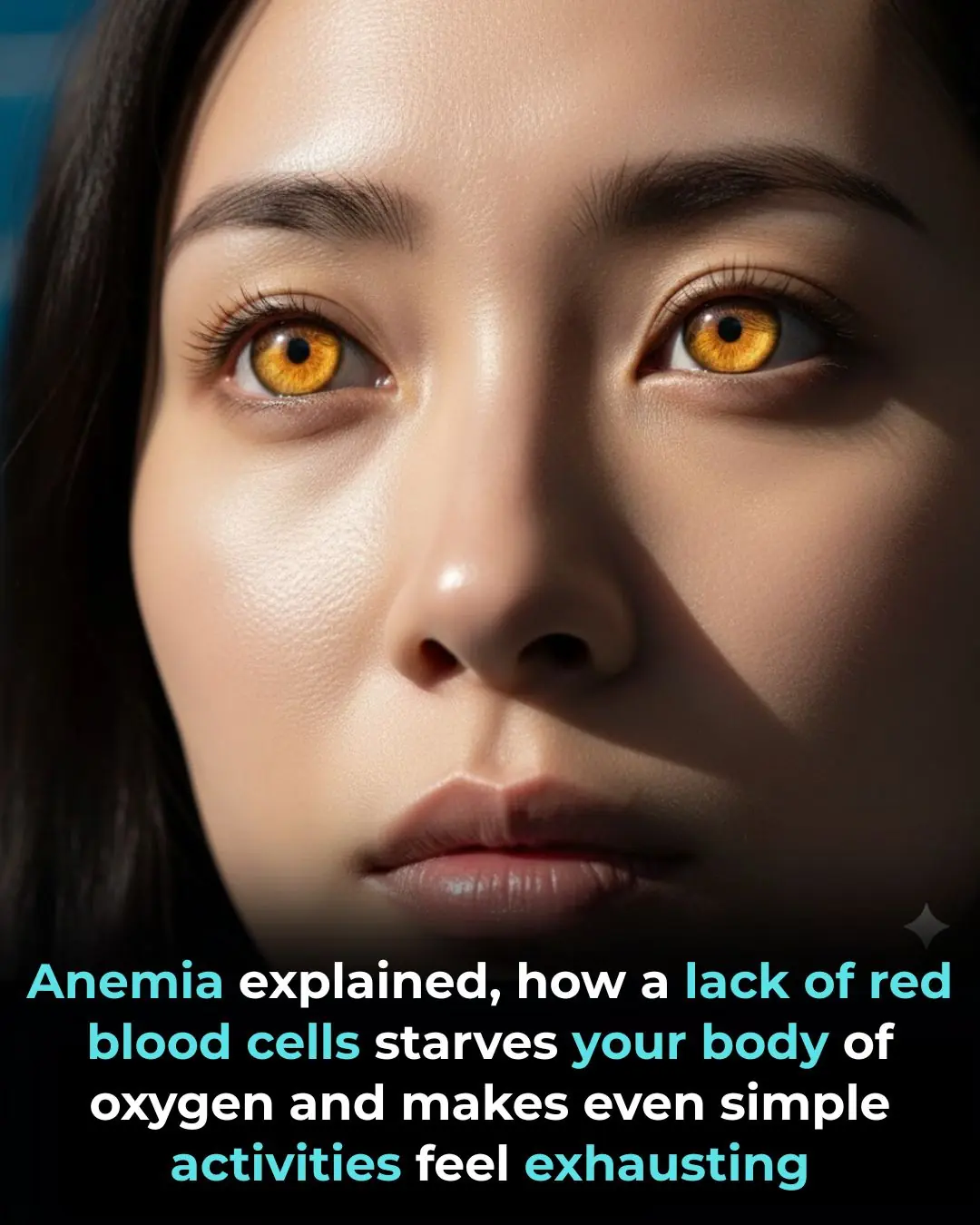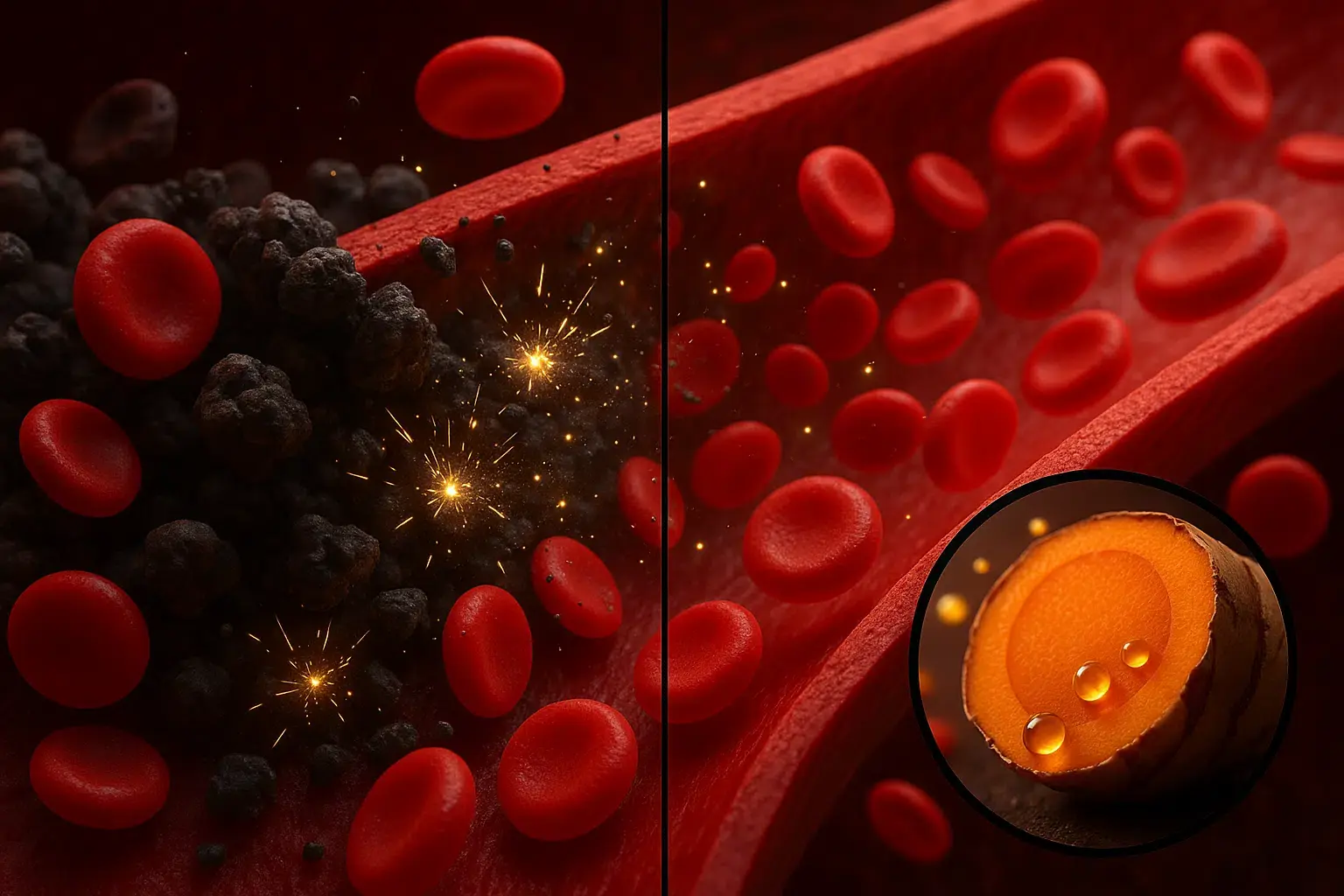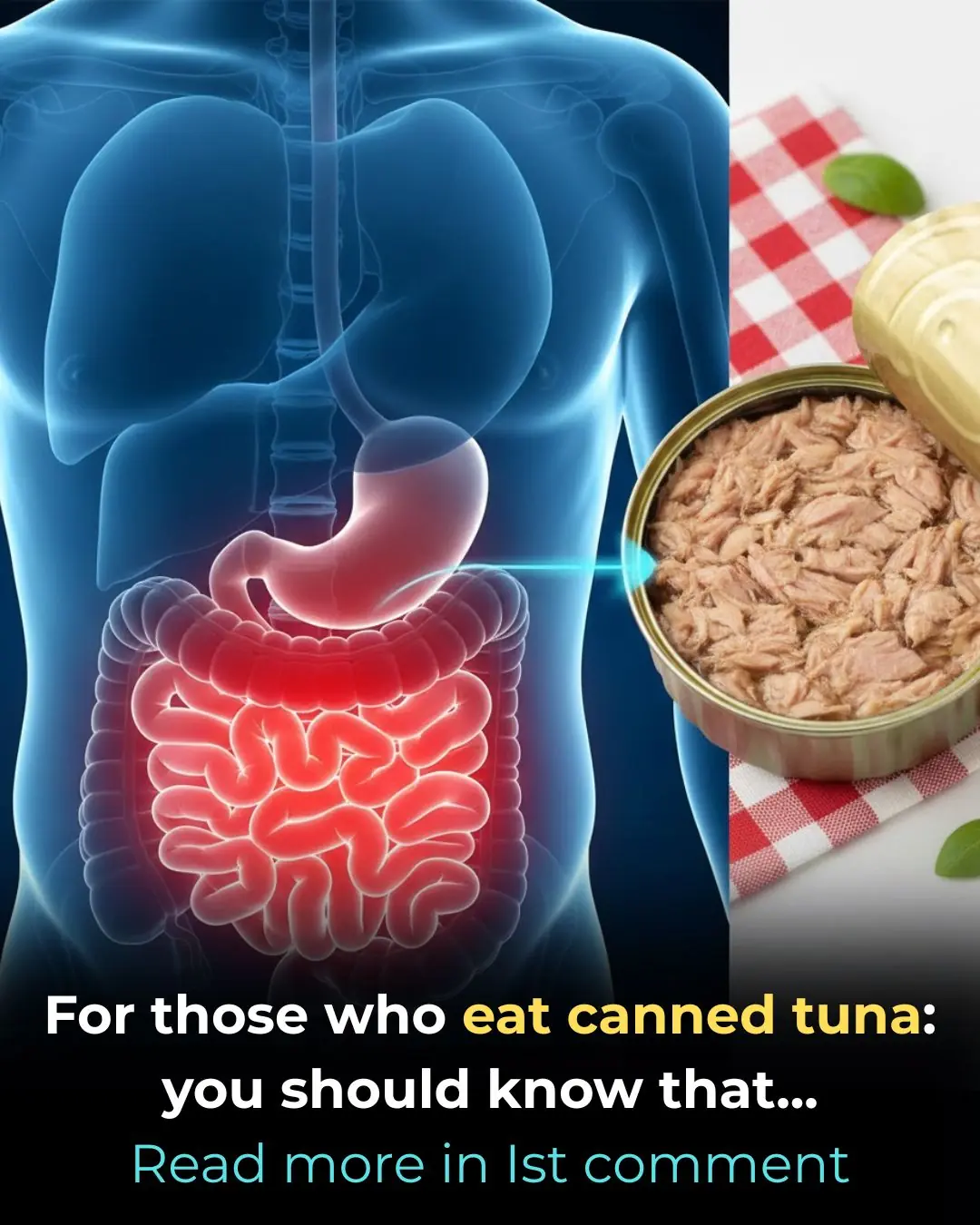
Can a Common Kitchen Spice Help Prevent Type 2 Diabetes? New Research Raises Big Questions
What if preventing type 2 diabetes didn’t require a prescription drug—but a compound found in ordinary turmeric?
It sounds improbable, yet one clinical trial reported a 100% success rate in stopping prediabetes from progressing to full diabetes using curcumin, turmeric’s primary active component.
The findings challenge long-standing assumptions about diabetes prevention and highlight a broader conversation: Are we overlooking effective natural compounds simply because they cannot be patented?
Key Takeaways
-
A 9-month clinical trial reported that curcumin prevented all prediabetic participants from developing type 2 diabetes.
-
Standard drugs fall short in comparison: metformin reduced risk by only 31% in a major study.
-
Some widely used medications, like statins, may increase diabetes risk.
-
Hundreds of natural substances—such as berberine, vitamin D, probiotics, and bitter melon—show evidence of supporting blood-sugar health.
-
Lack of pharmaceutical profit incentive means many natural findings remain under-publicized.
A Study That Turned Heads—Quietly
In 2012, researchers in Thailand conducted a randomized, placebo-controlled trial involving 240 adults with prediabetes. Published in Diabetes Care (the journal of the American Diabetes Association), the study tested whether curcumin extract could slow or halt disease progression.
The outcome was striking:
-
0% of participants taking curcumin developed type 2 diabetes.
-
16.4% of the placebo group did.
Beyond halting progression, the curcumin group showed:
-
improved β-cell function (the cells that produce insulin)
-
reduced insulin resistance
-
minimal side effects
If a new pharmaceutical drug delivered results like these, it would likely dominate global headlines. Instead, the findings received little mainstream attention—largely because curcumin is a natural compound that cannot be patented.
How Do Standard Treatments Compare?
For years, metformin has been the frontline medication for high-risk prediabetes.
In the large U.S. Diabetes Prevention Program, metformin reduced progression to diabetes by 31% over three years. Lifestyle changes performed better—reducing risk by 58%—but the results still fell short of the curcumin study’s 100% success rate.
Even more concerning, some commonly used drugs can increase diabetes risk.
Statins, prescribed widely to lower cholesterol, have been linked to higher blood sugar and increased insulin resistance. One analysis found that statin use among postmenopausal women was associated with a 48% increased risk of developing type 2 diabetes. The FDA has since required warning labels.
This discrepancy raises a difficult question:
How many patients are told about these risks—or about alternatives?
Natural Compounds With Evidence Behind Them
Curcumin is just one of many naturally occurring substances studied for blood-sugar management. Research—often small and underfunded—suggests significant potential:
Berberine
-
Shown in several trials to be as effective as metformin at lowering blood sugar and HbA1c.
-
Supports insulin sensitivity and gut health.
Vitamin D
-
Deficiency is strongly linked to insulin resistance.
-
Supplementation can improve glucose control and reduce inflammation.
Probiotics
-
Improve gut microbiome balance.
-
Reduce inflammatory markers associated with type 2 diabetes.
Bitter Melon
-
Contains compounds that act similarly to insulin.
-
Has outperformed certain diabetes medications in comparative studies.
Magnesium
-
Essential for insulin signaling.
-
Supplementation reduces fasting glucose in deficient individuals.
Taken together, these findings suggest that metabolic health may respond far more strongly to natural interventions than commonly assumed.
Why Isn’t This Widely Discussed?
The answer is partly structural, partly economic.
Because natural compounds like turmeric, berberine, or bitter melon cannot be patented, pharmaceutical companies have little incentive to invest in large-scale trials or public awareness campaigns. Without industry funding, research remains limited, and the public rarely hears about the results.
Regulatory restrictions add another barrier.
In the United States, supplement companies are legally prohibited from claiming their products can “treat” or “prevent” disease—even if peer-reviewed studies suggest otherwise. Meanwhile, patented drugs with profit potential are aggressively marketed.
This imbalance creates an information gap:
Effective natural options remain obscure, while pharmaceutical solutions dominate public messaging.
The Bigger Picture
The curcumin diabetes-prevention trial is more than an interesting study—it’s a reminder that nature may hold powerful tools for combating modern chronic disease. Type 2 diabetes is strongly influenced by diet, inflammation, and lifestyle, which means it is also highly responsive to natural, multi-targeted approaches.
Instead of viewing pharmaceuticals as the only option, a more balanced model—combining lifestyle strategies, evidence-supported natural compounds, and appropriate medical care—may offer better long-term outcomes.
Conclusion
The possibility that type 2 diabetes can be prevented—sometimes completely—through natural interventions deserves far more attention than it receives. Curcumin’s remarkable results underscore the need for deeper research, broader public education, and a healthcare approach that values safety, accessibility, and evidence over patentability.
Patients deserve to know all the options—not just the profitable ones.
News in the same category

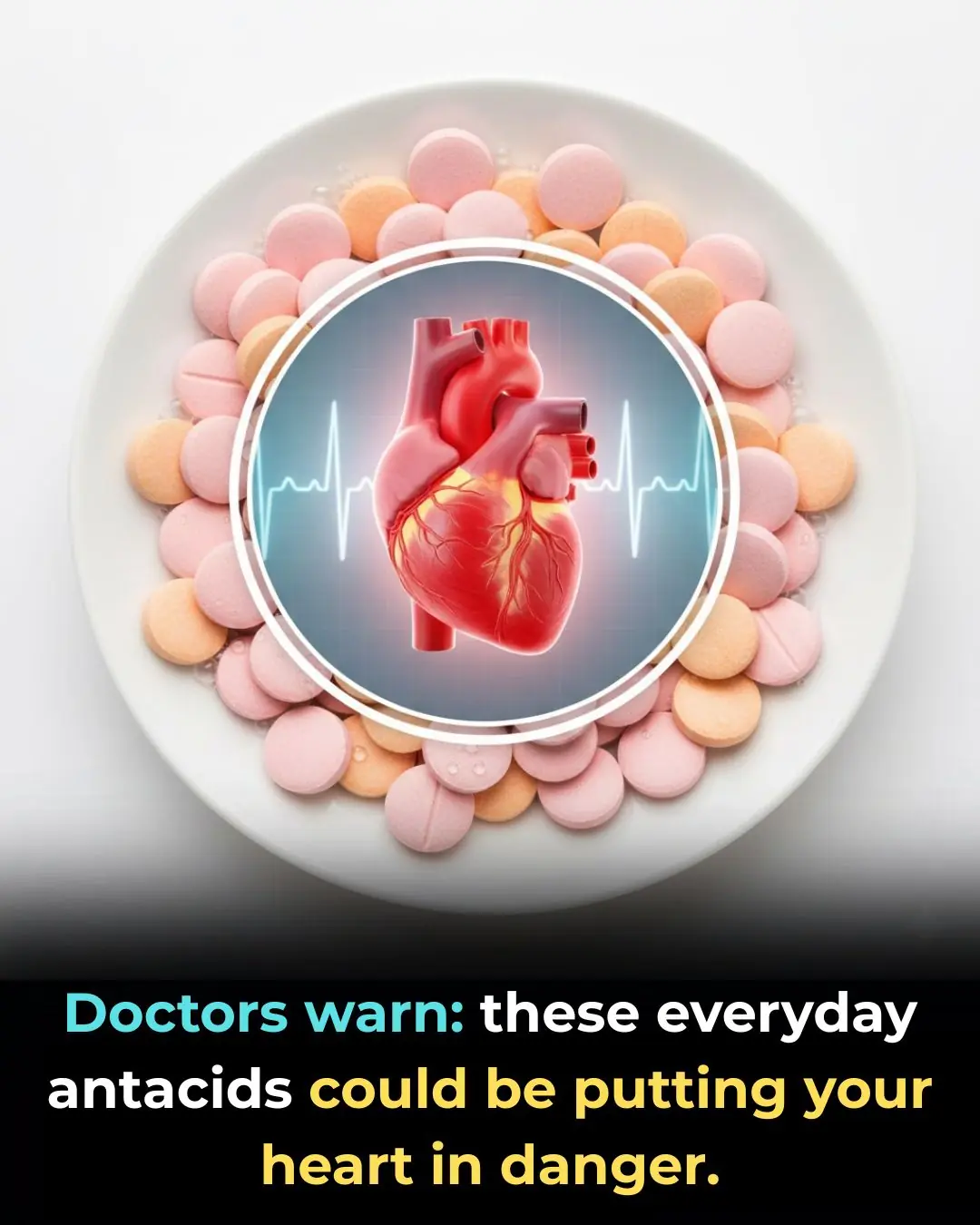
Doctors warn: these everyday antacids could be putting your heart in danger
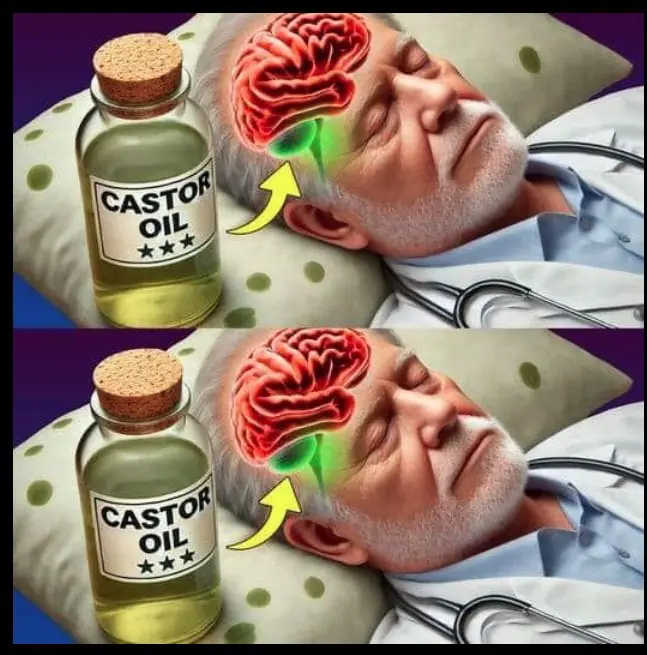
Doctors Reveal What Really Happens When You Use Castor Oil
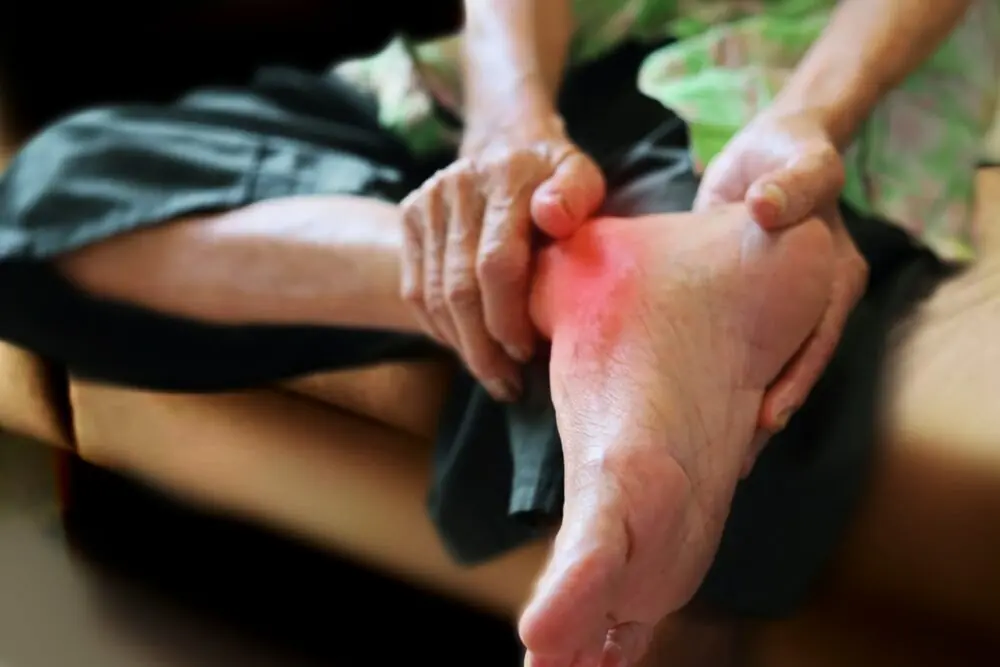
The Natural Secret Doctors Never Tell You That Melts Away Uric Acid Fast
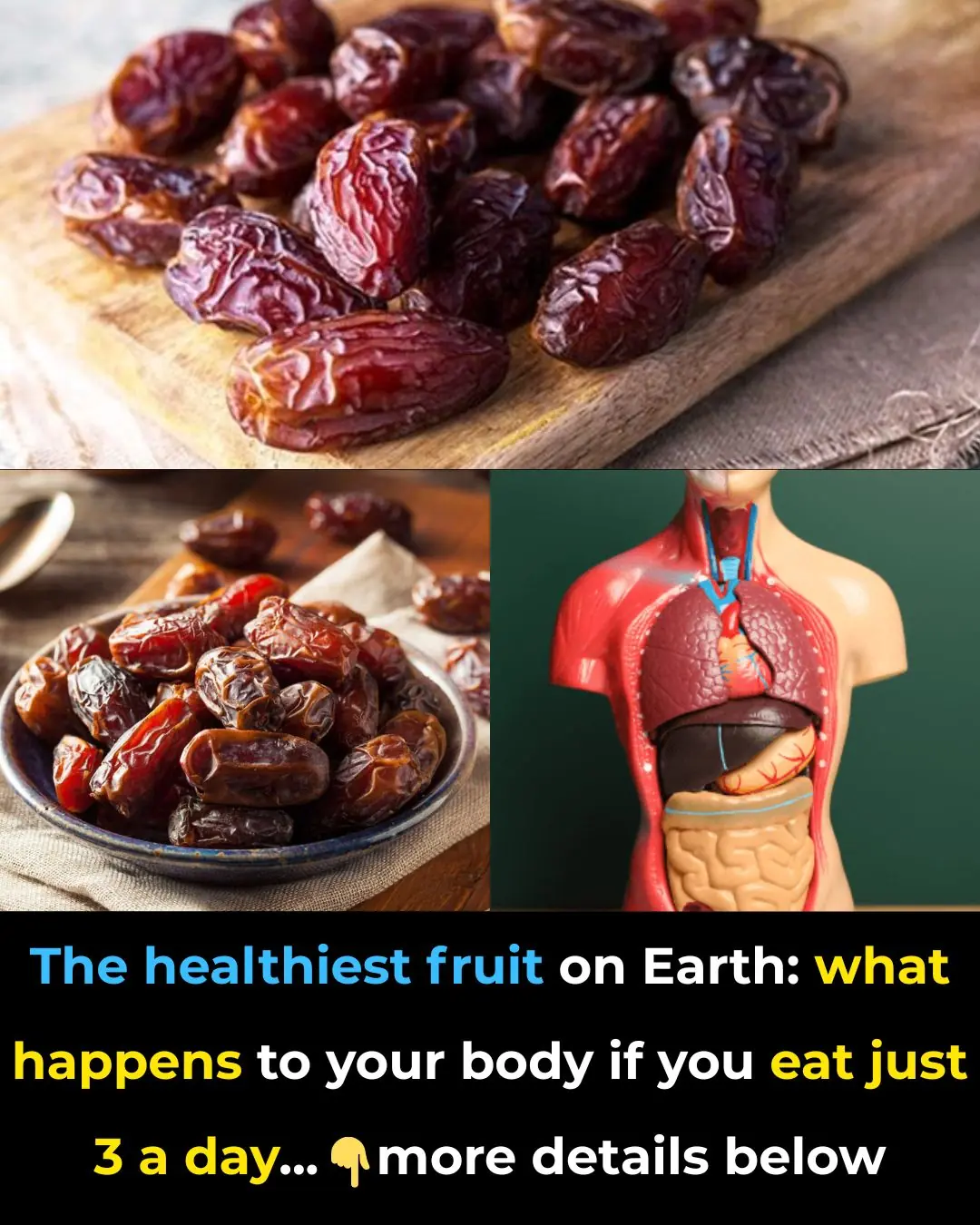
9 Convincing Reasons to Consume More Dates
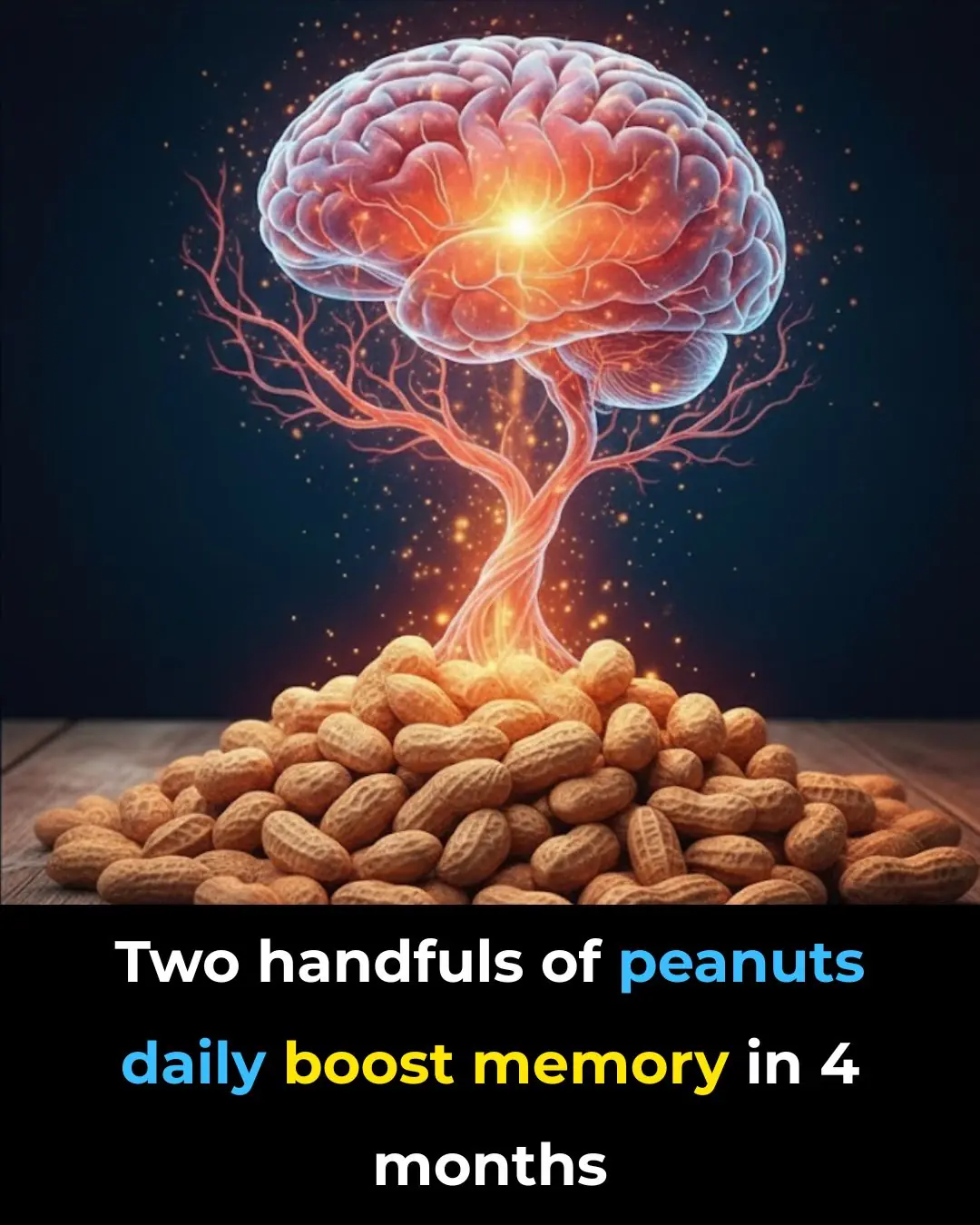
Two handfuls of peanuts daily boost memory in 4 months
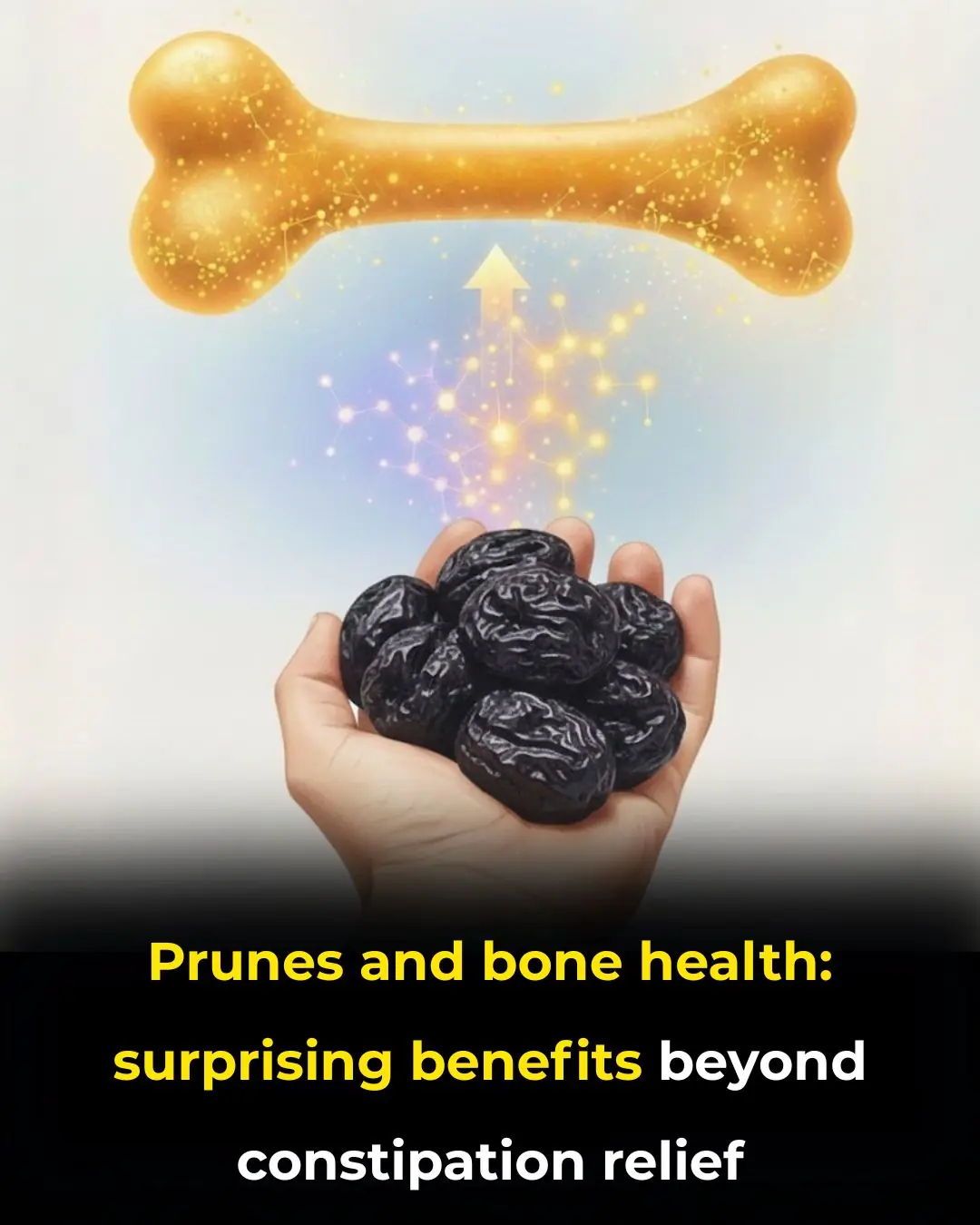
Prunes and bone health: surprising benefits beyond constipation relief
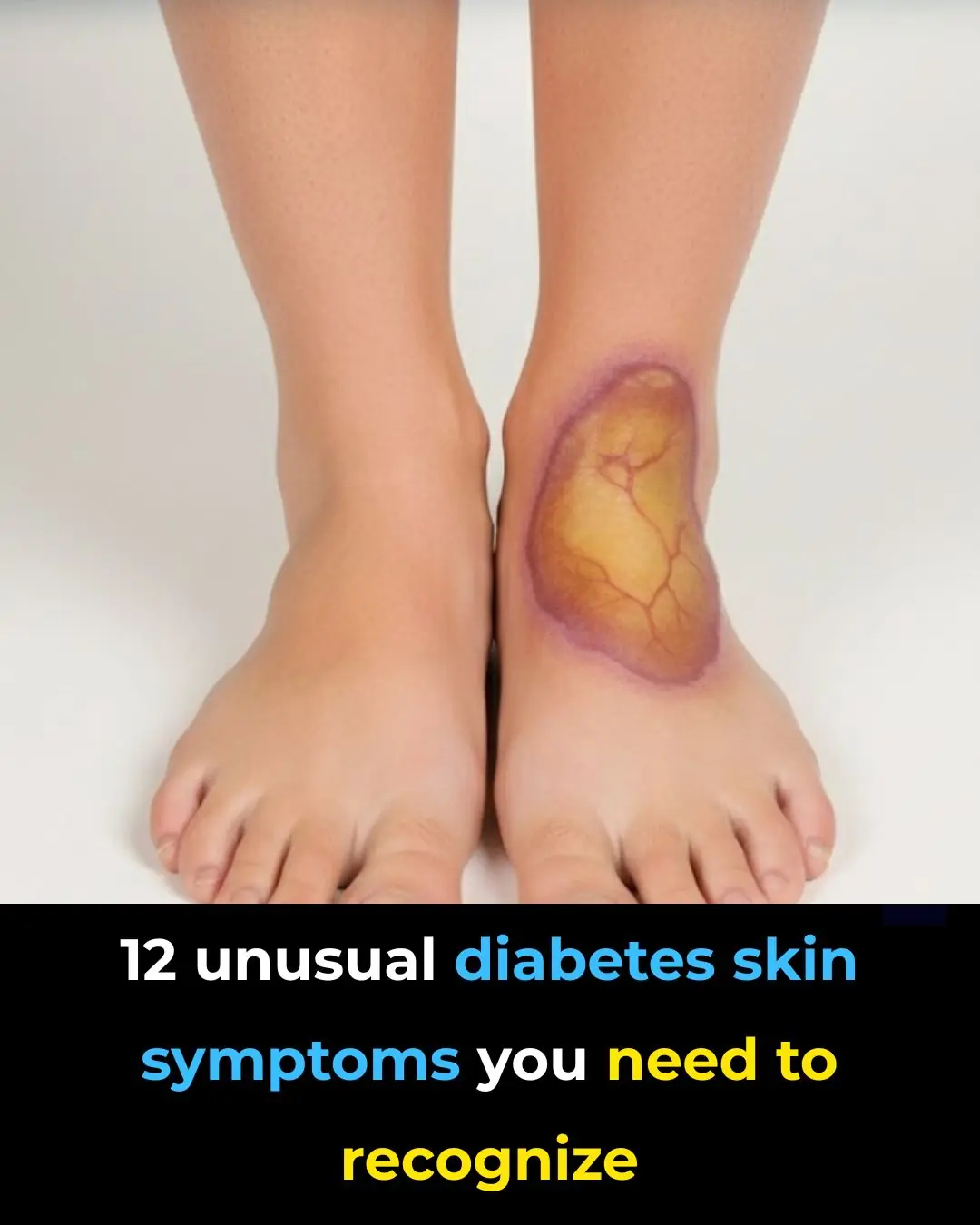
12 Weird Diabetes Skin Problems You Need To Know
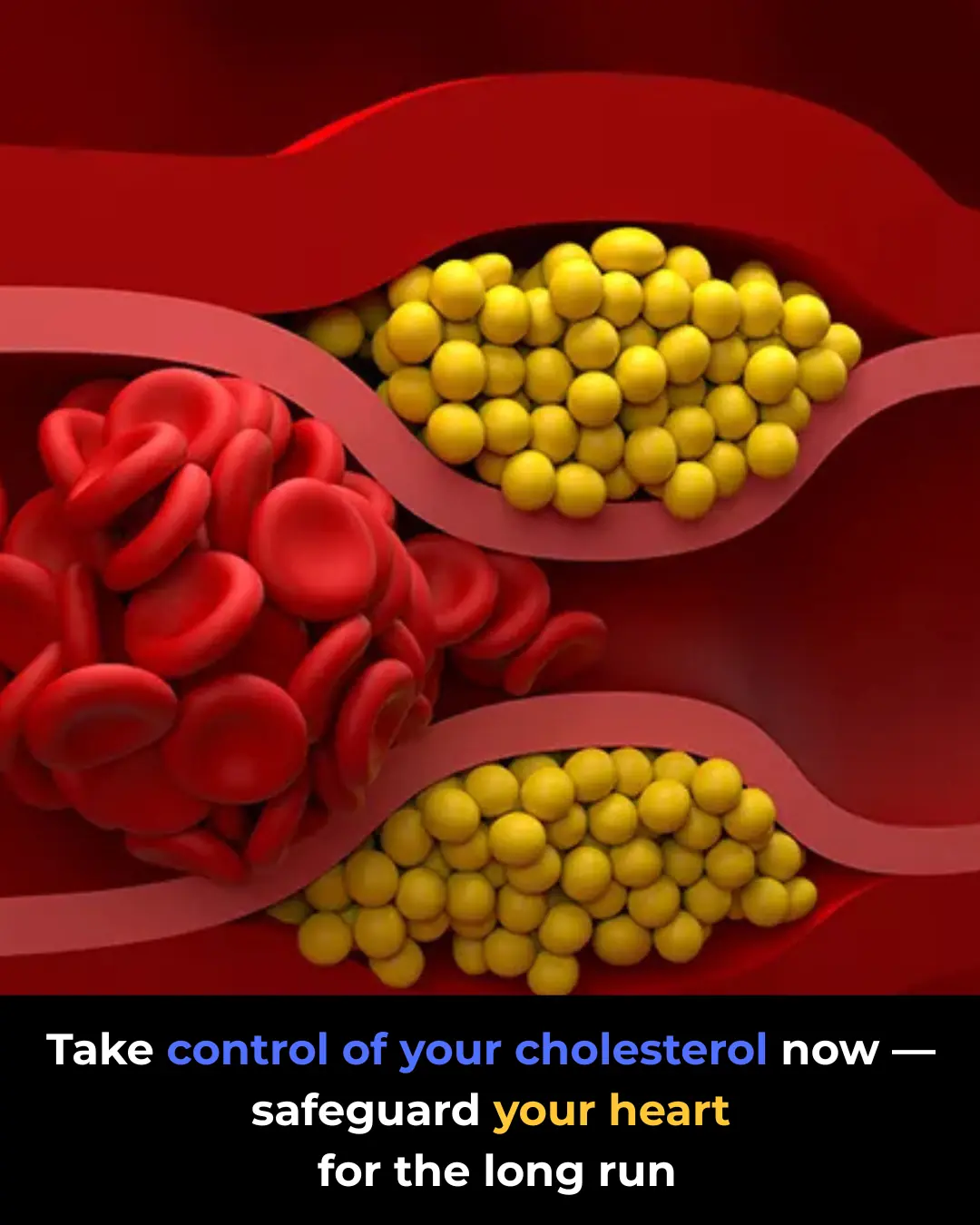
High Cholesterol: Causes, Risks, and Natural Ways to Lower It
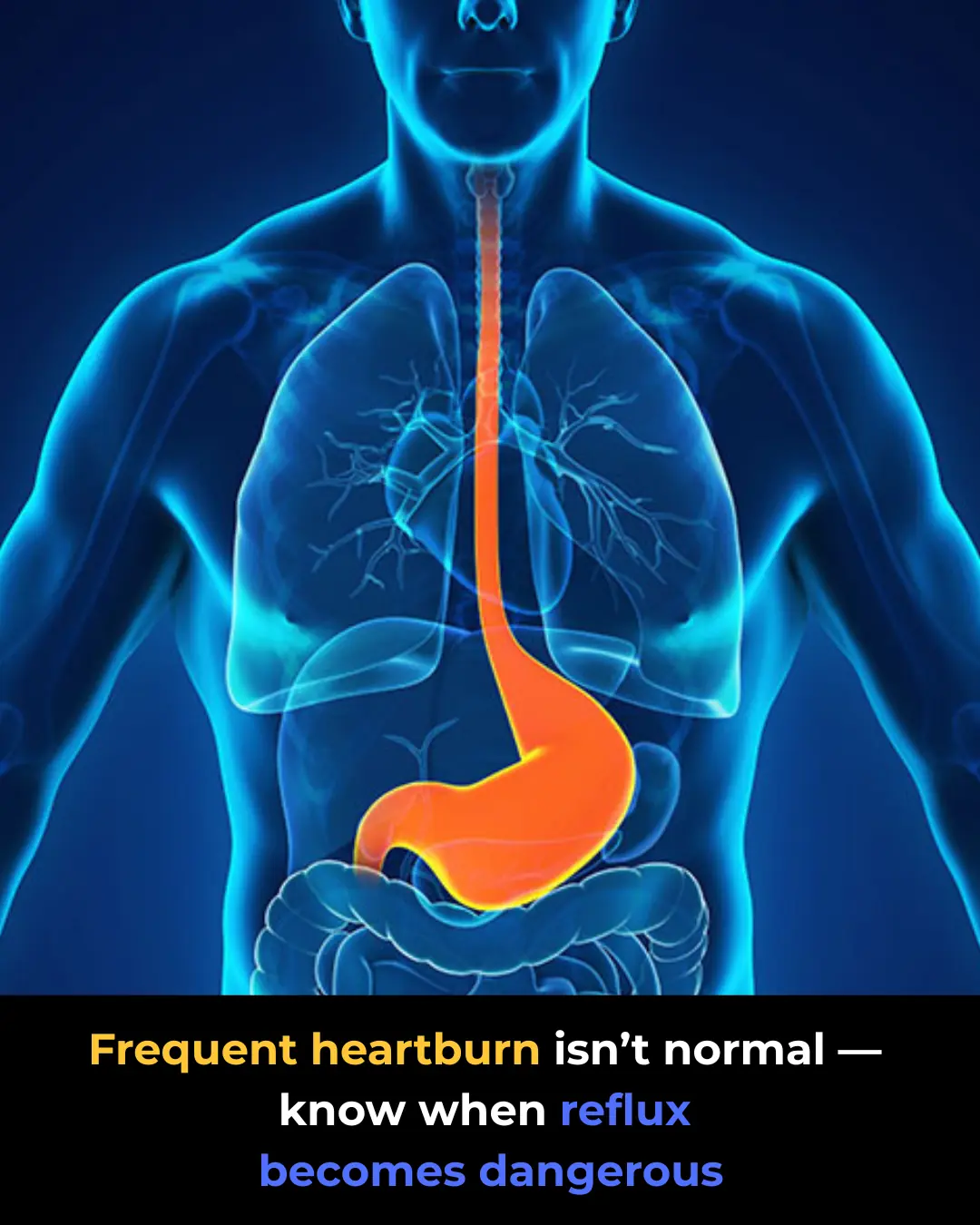
Acid Reflux (GERD): When Should You See a Doctor?

Hypothyroidism: The Silent Condition With Easily Overlooked Symptoms

3 pain areas on your body that might be early cancer warning signs
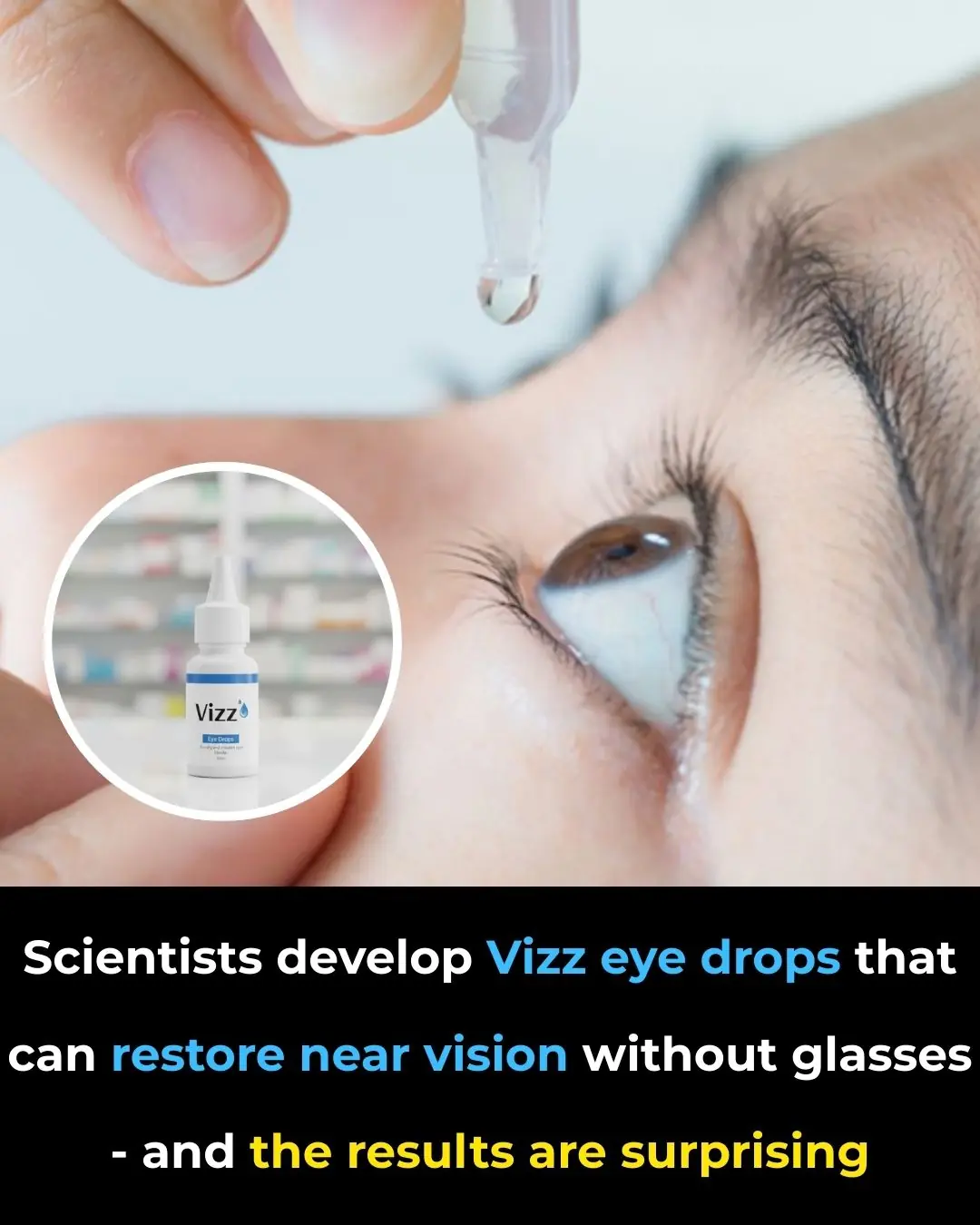
A New Era of Near Vision Clarity Through VIZZ Eye Drops

Vaping harms your heart more than you realize

Ever Wake Up But Can’t Move
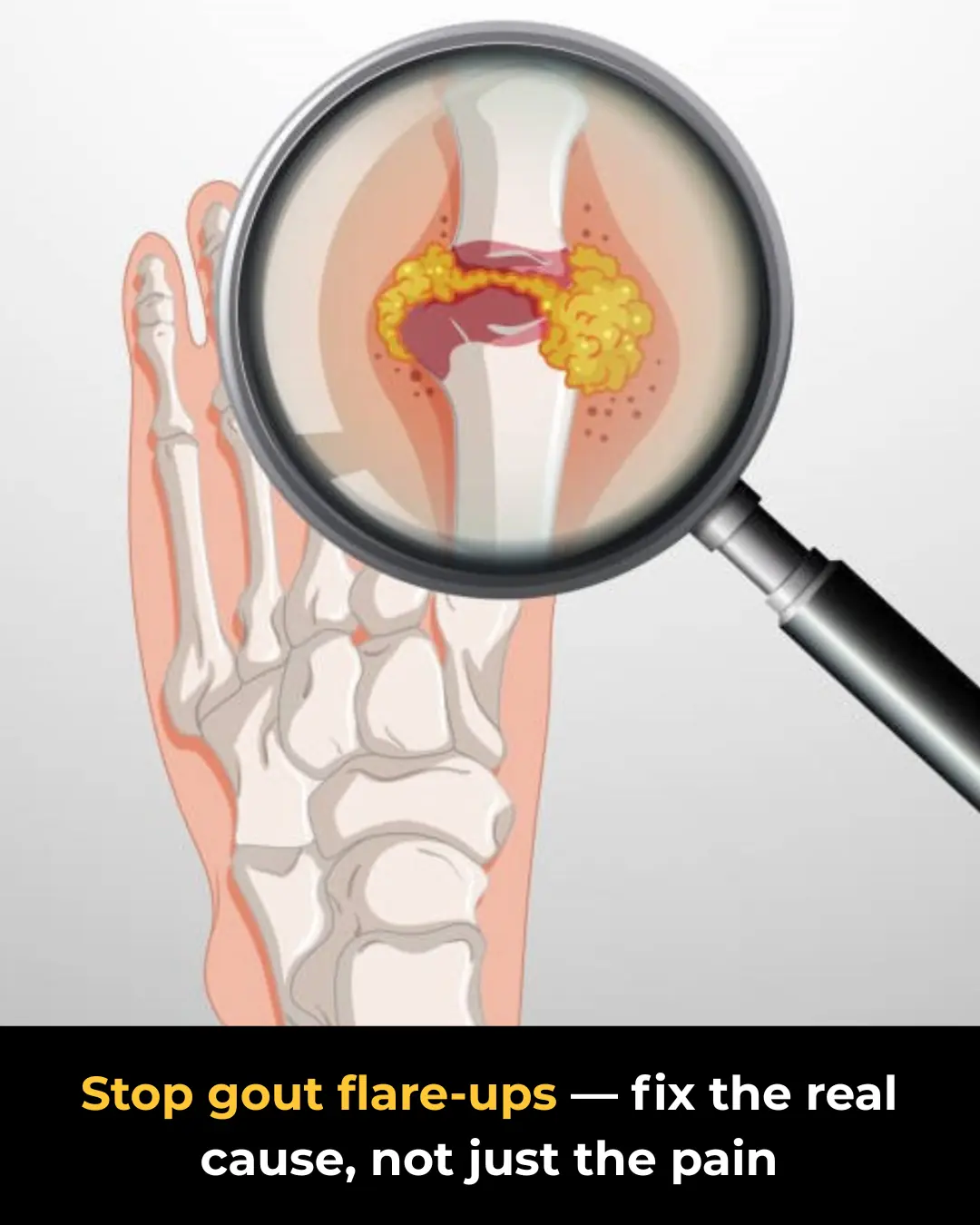
Gout Disease: The Untold Truth and 5 Common Treatment Mistakes
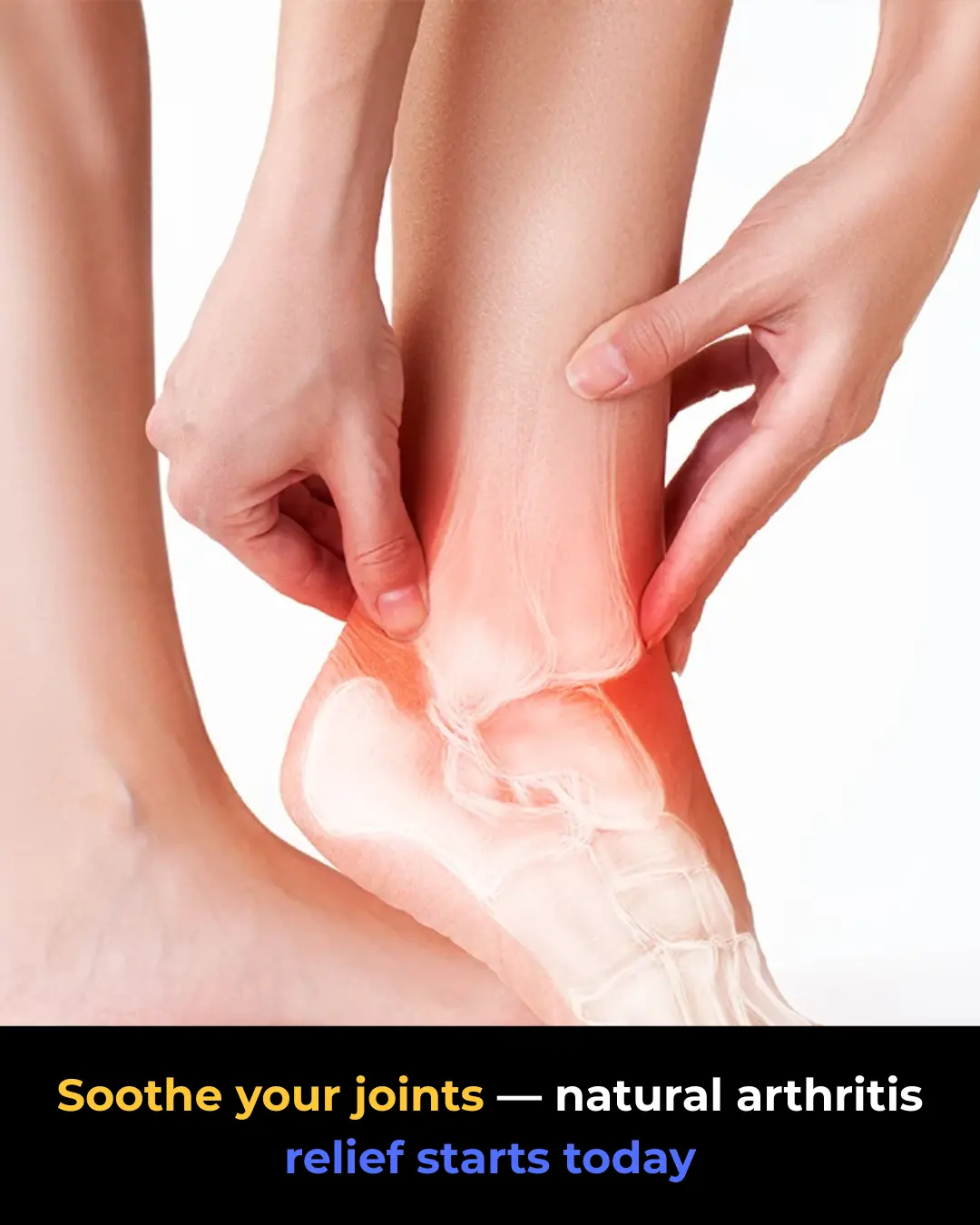
Arthritis Explained: Types, Causes, and Natural Pain Relief Methods
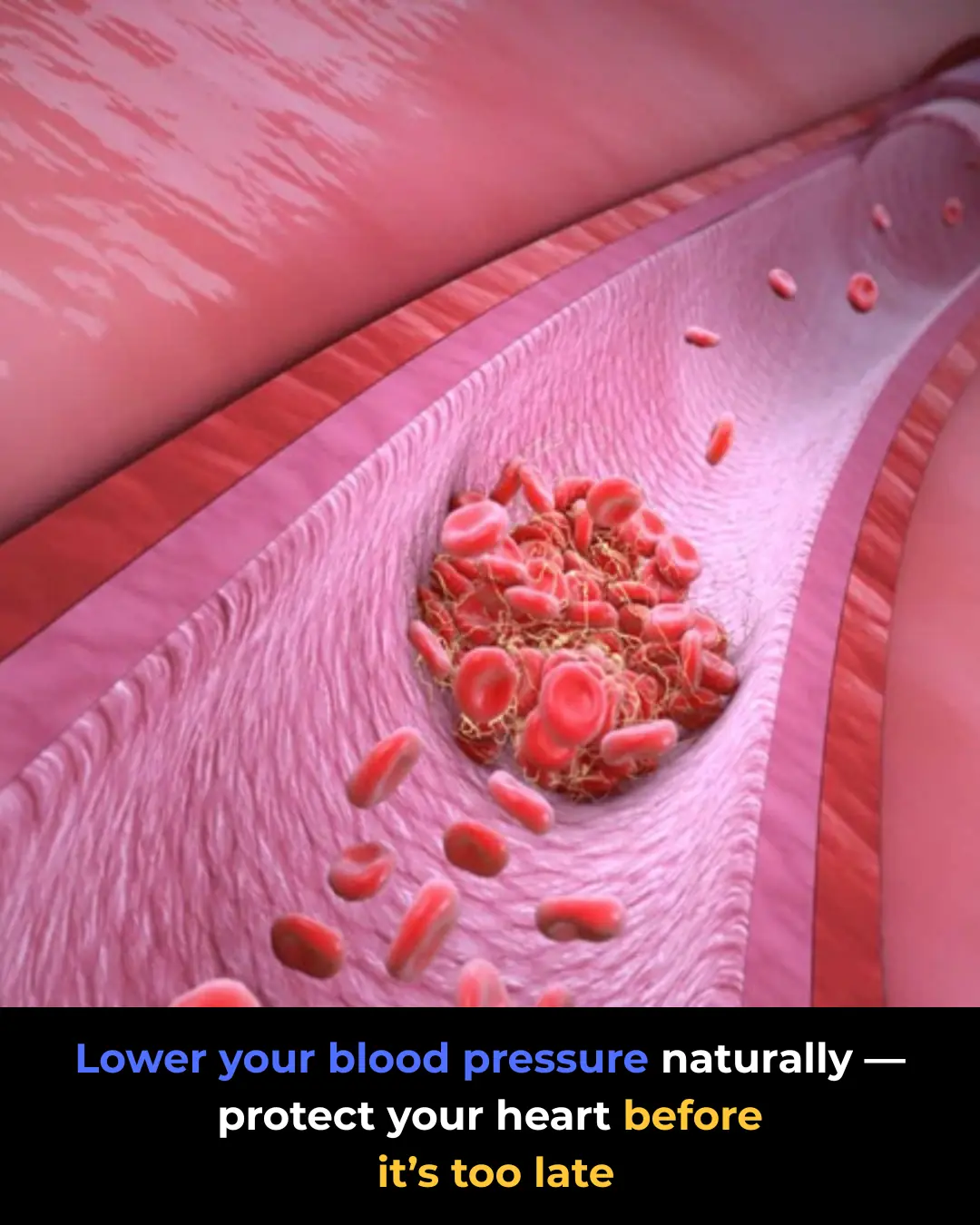
High Blood Pressure: Why It’s Dangerous and How to Stabilize It Naturally
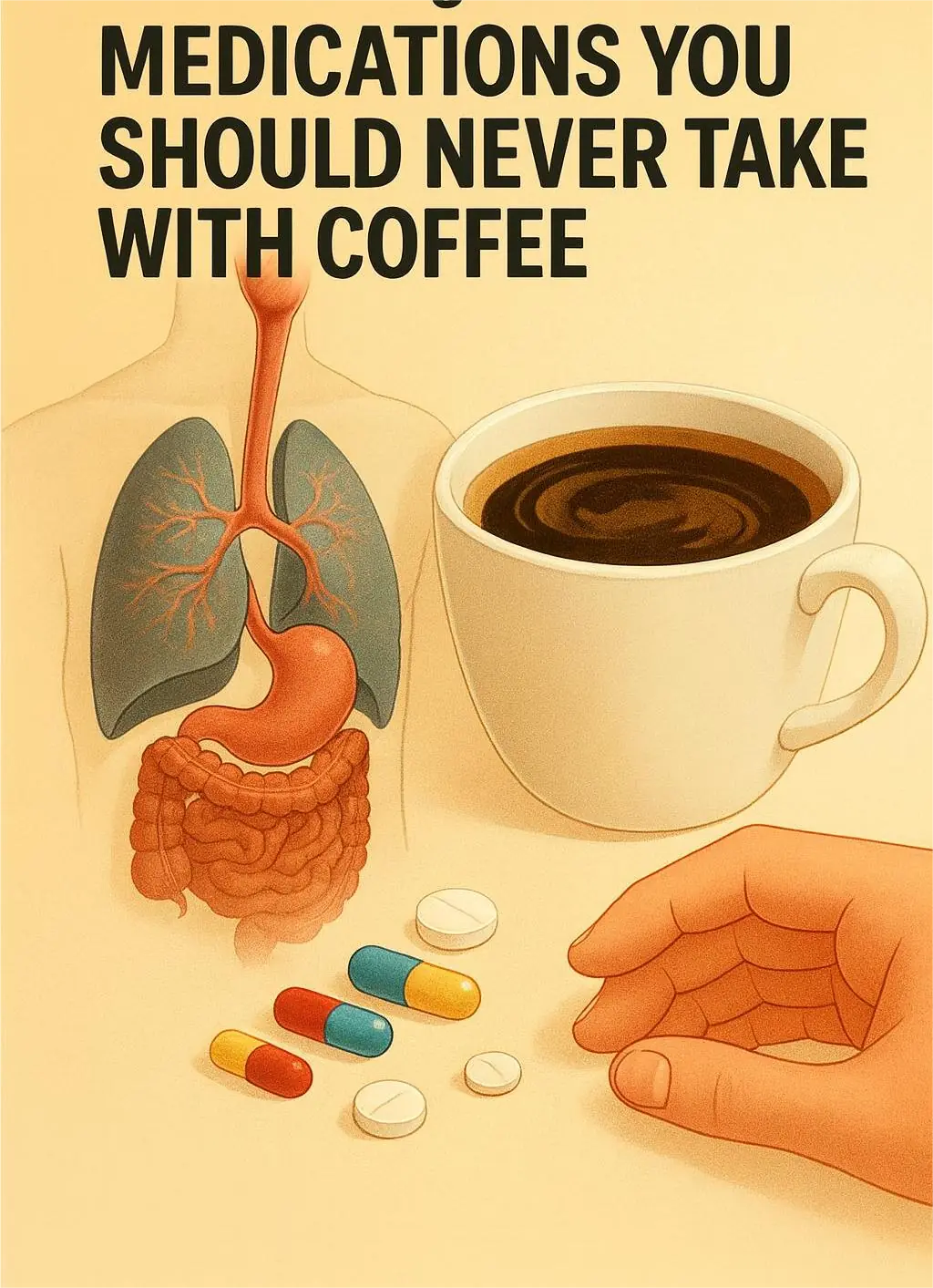
MEDICATIONS YOU SHOULD NEVER TAKE WITH COFFEE
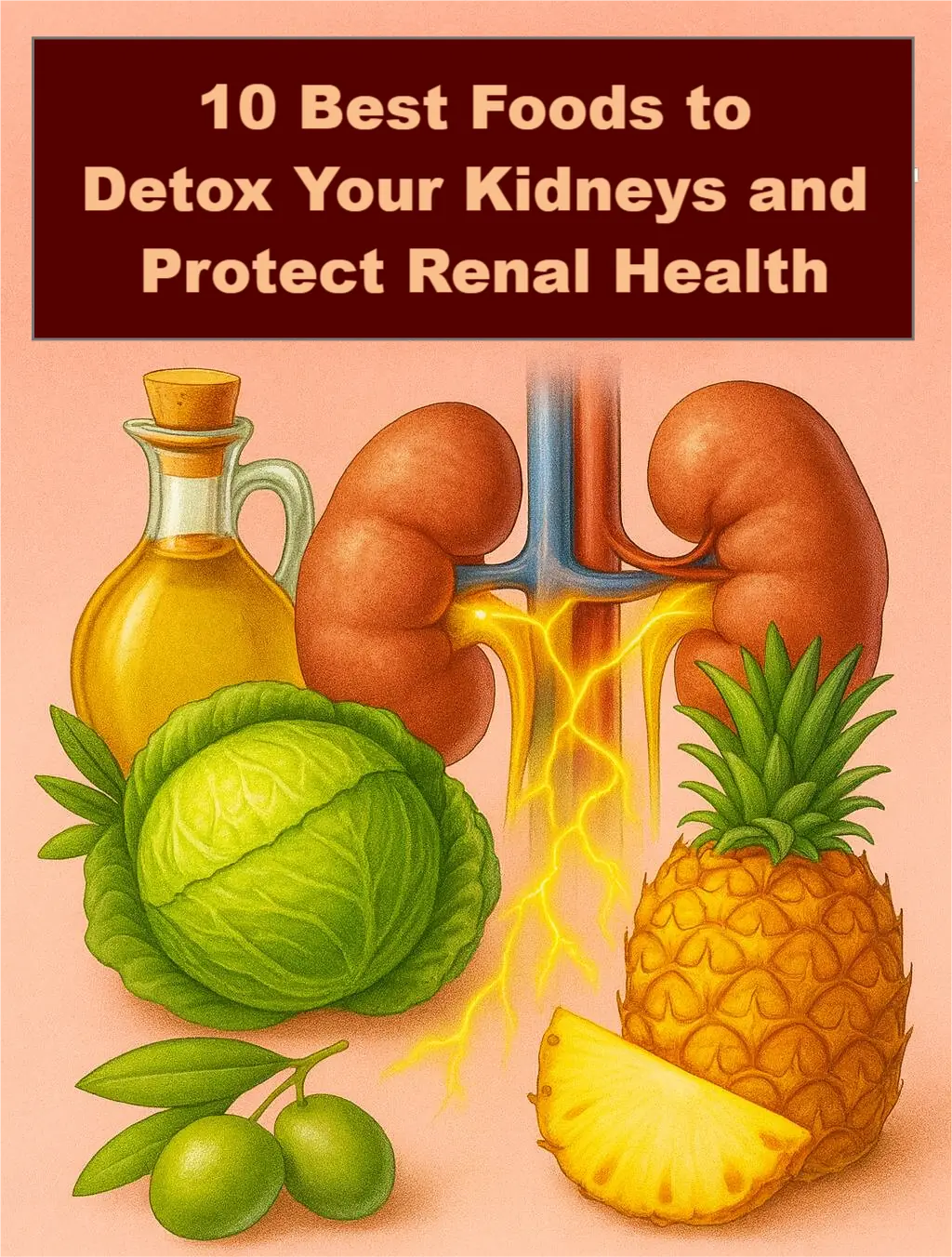
10 Best Foods to Detox Your Kidneys and Protect Renal Health
News Post

A Nearby Earth-Sized World Raising New Hopes for Habitability

How Finnish Forest Kindergartens Let Kids Thrive in Any Weather
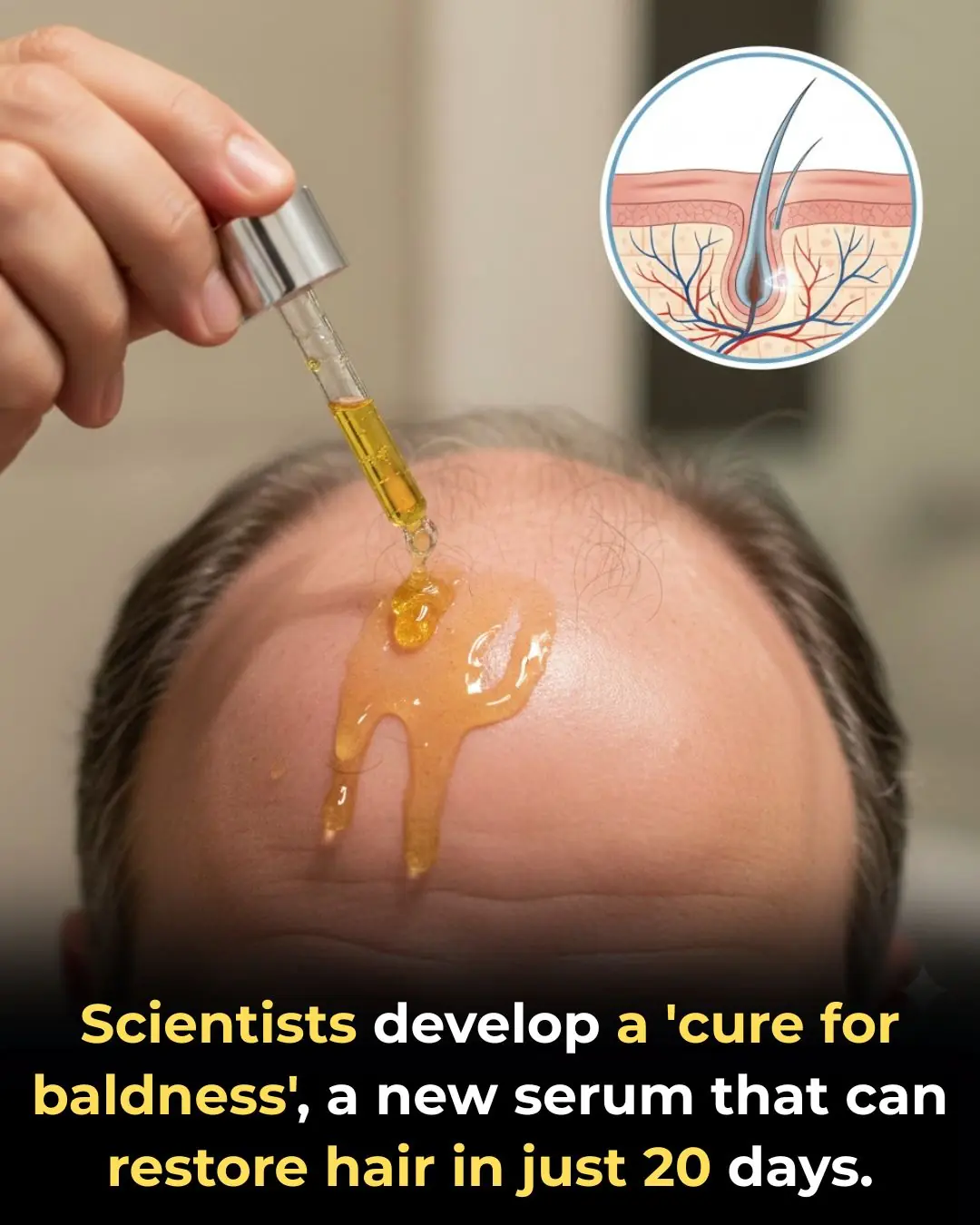
Taiwan Researchers Develop Promising Hair-Regrowth Serum With Dramatic Lab Result

Pick the Breakfast You’d Eat

What Happens to Your Body When You Eat Canned Tuna Every Day

Why Some Children Don’t Visit Their Parents Often

The Hidden Fish Puzzle That’s Stumping the Internet
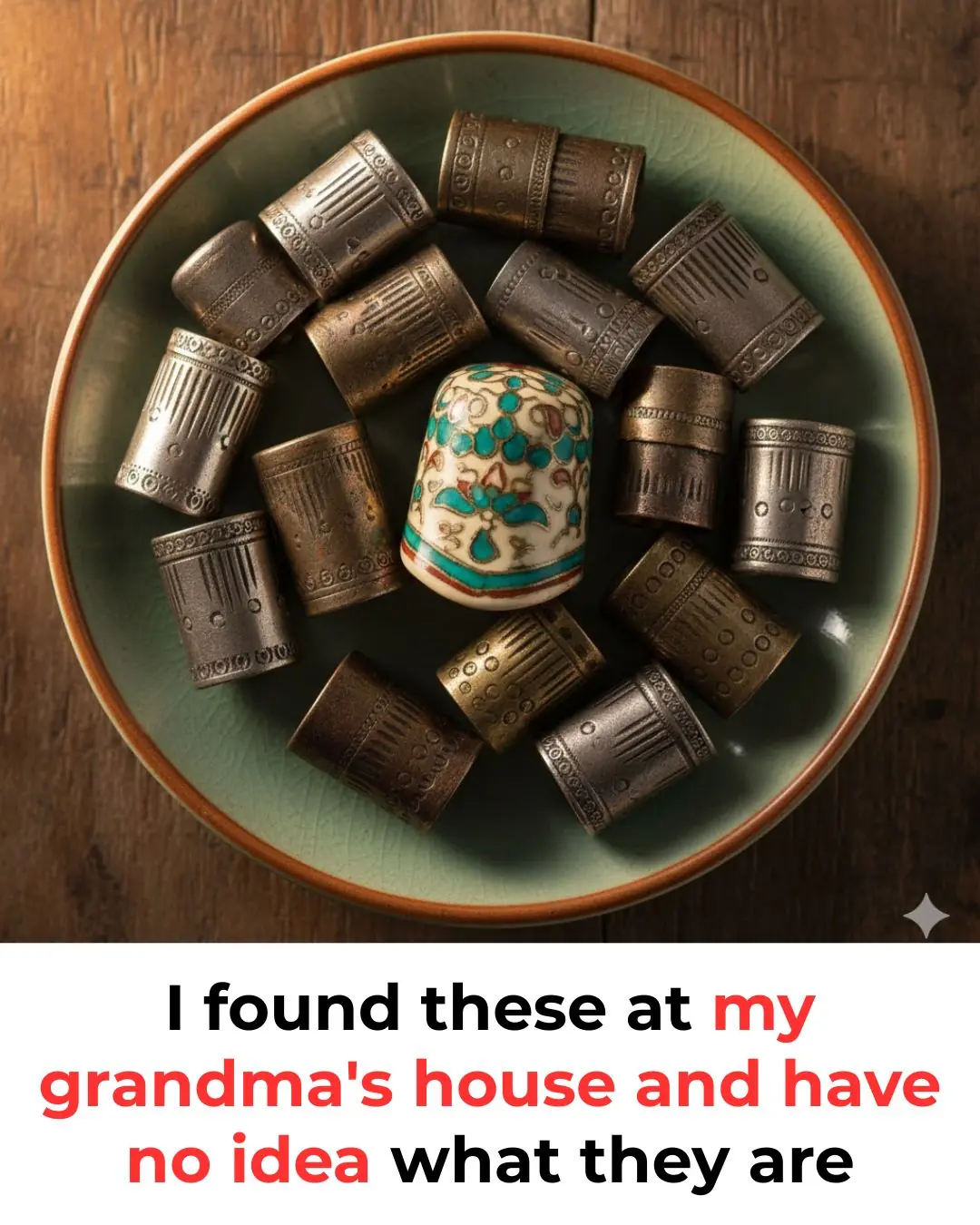
So this is what it does, here is the answer

The Hidden Details in Women’s Underwear — And What They Really Mean

Experts reveal that eating bananas in the morning cause

Why Cutting Your Own Hair Is About More Than Just Saving Money

Why Are Tree Trunks Painted White
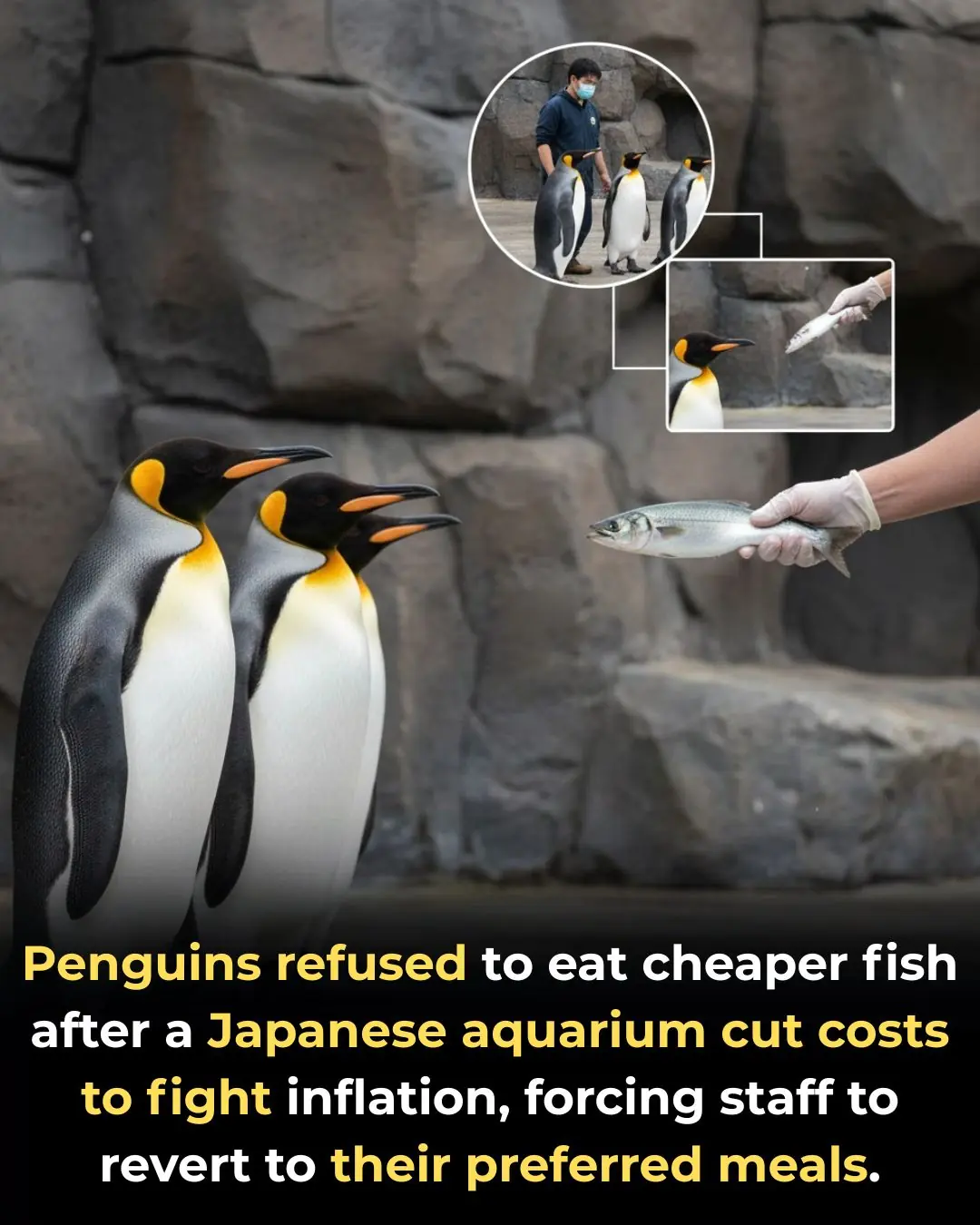
Penguins Reject Cheaper Fish as Japanese Aquarium Tries to Cut Costs
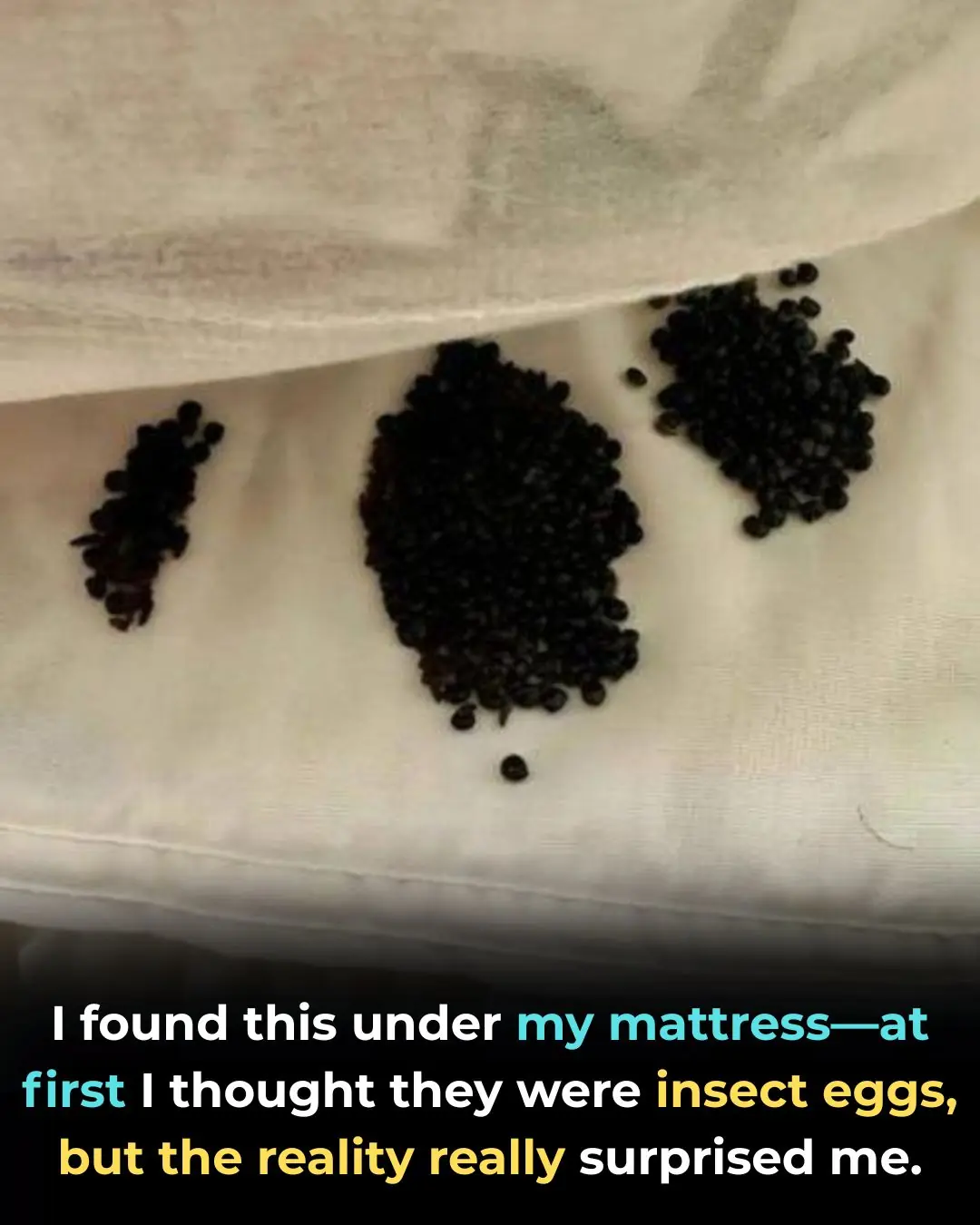
I Thought I Found Insect Eggs Under My Bed
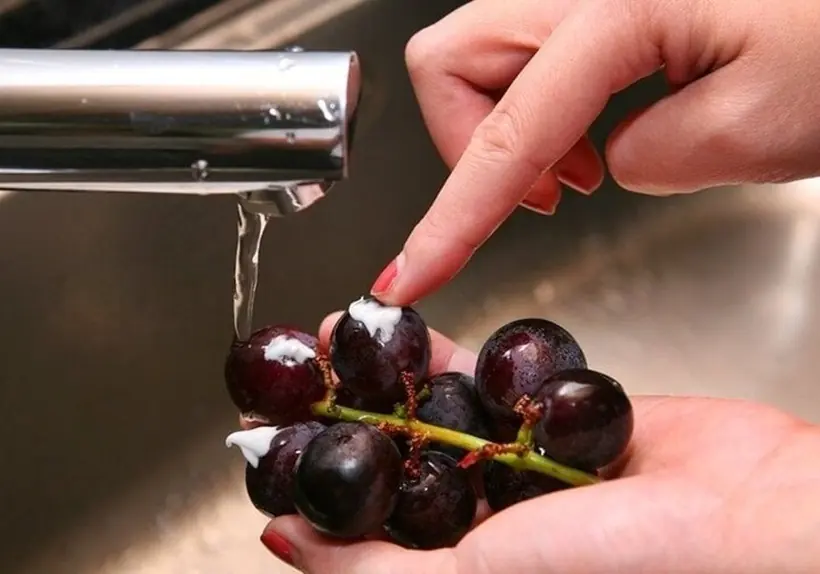
This is the correct way to wash grapes; washing them wrong can make them even dirtier

Emirates Airlines: A Legacy of Unmatched Safety and Reliability in Aviation

Dragon Bravo Fire: Arizona's Megafire Threatens the Grand Canyon and Beyond

The zodiac signs with a supernatural sixth sense… See now

Mussel Beds: New Zealand's Natural Solution for Ocean Health and Sustainability
